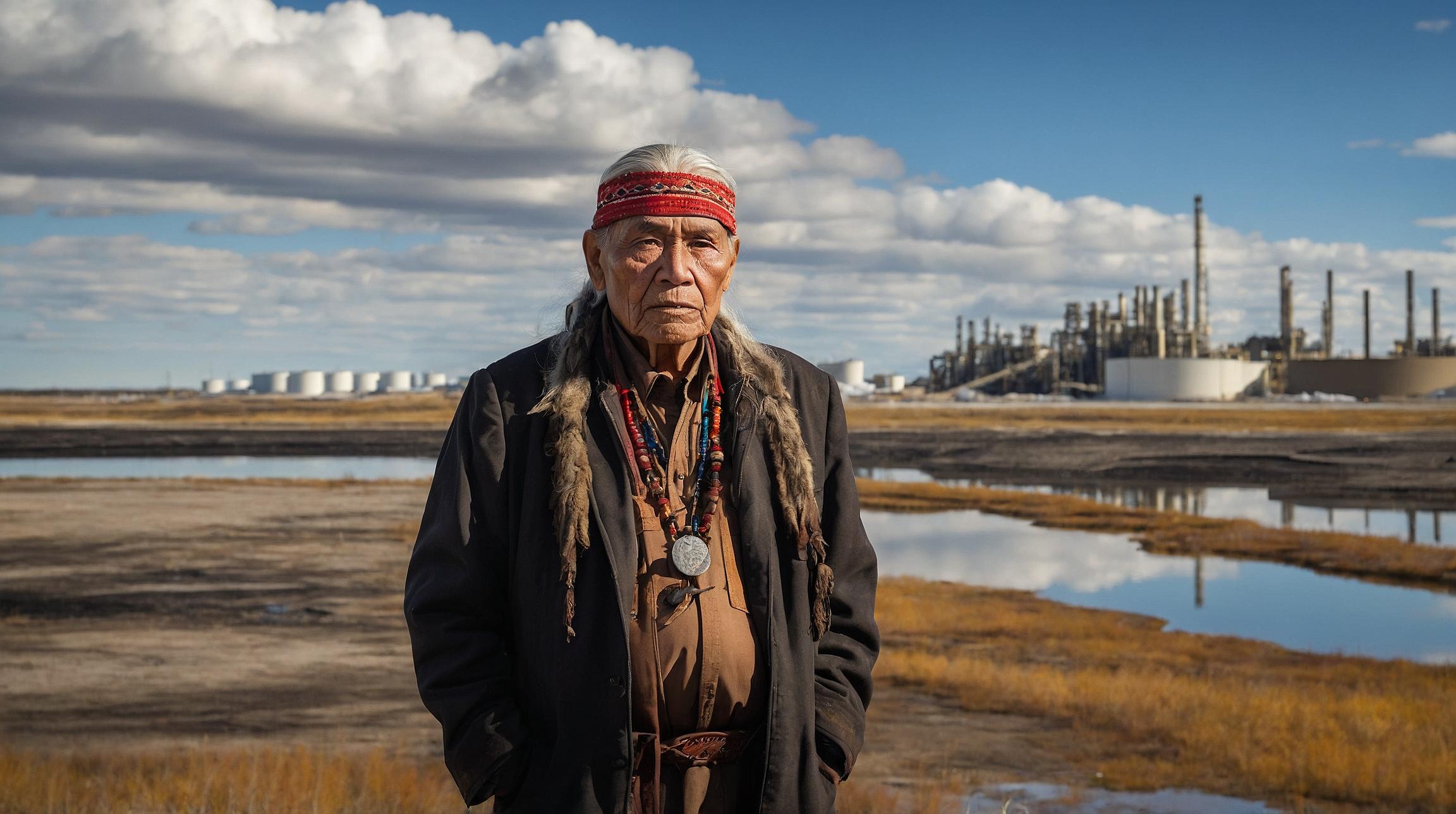Canada's Investment in Indigenous Health Study
In a significant move, Canada announced funding for an Indigenous-led study to understand the health impacts of oil sands development on local communities. This decision came after a concerning tailings water leak from an Imperial Oil site raised pollution alarms. Environment Minister Steven Guilbeault disclosed that 12 million CAD would be allocated over a decade for the Fort Chipewyan Health Study, potentially assessing cancer risks among downstream communities.
Community Concerns and Historical Context
Fort Chipewyan, a remote Indigenous community in Northern Alberta, reported a tailings water leak, comprising toxic elements like bitumen and sand, from Imperial's Kearl mining site. For years, these communities have faced elevated rates of cancer and other health issues such as autoimmune diseases and severe arthritis. Chief Allan Adam from the Athabasca Chipewyan First Nation emphasized that calls for such a health study date back to 1992.
Potential Implications of the Study
Minister Guilbeault highlighted that if the study reveals adverse effects on communities, it would necessitate stringent environmental and health regulations from both federal and provincial authorities, as well as from the oil companies involved. "The only reasonable course of action," Guilbeault remarked, would be to address the root of these health concerns.
Industry's Stance and Collaboration
The oil sands contribute to two-thirds of Canada's crude output, with Imperial Oil being a major player alongside Suncor Energy and Canadian Natural Resources Ltd. Imperial expressed support for the study, stating a willingness to participate to bolster community confidence. Pathways Alliance, representing six leading oil sands producers, also acknowledged the necessity of transparent health evaluations.
Government and Indigenous Relations
Guilbeault extended an invitation to the Alberta government to join in funding the study, although a response was pending. The Alberta government expressed a willingness to collaborate with Indigenous partners on health matters. Chief Billy-Joe Tuccaro of the Mikisew Cree First Nation voiced that while the study is overdue, it is essential for remedying decades of neglect.
This proactive step by Canada signifies a commitment to addressing environmental health and fostering collaborative solutions with Indigenous communities, aiming to mitigate longstanding health disparities caused by industrial development.













